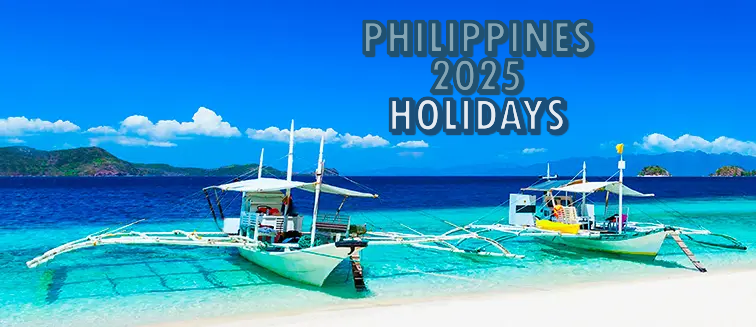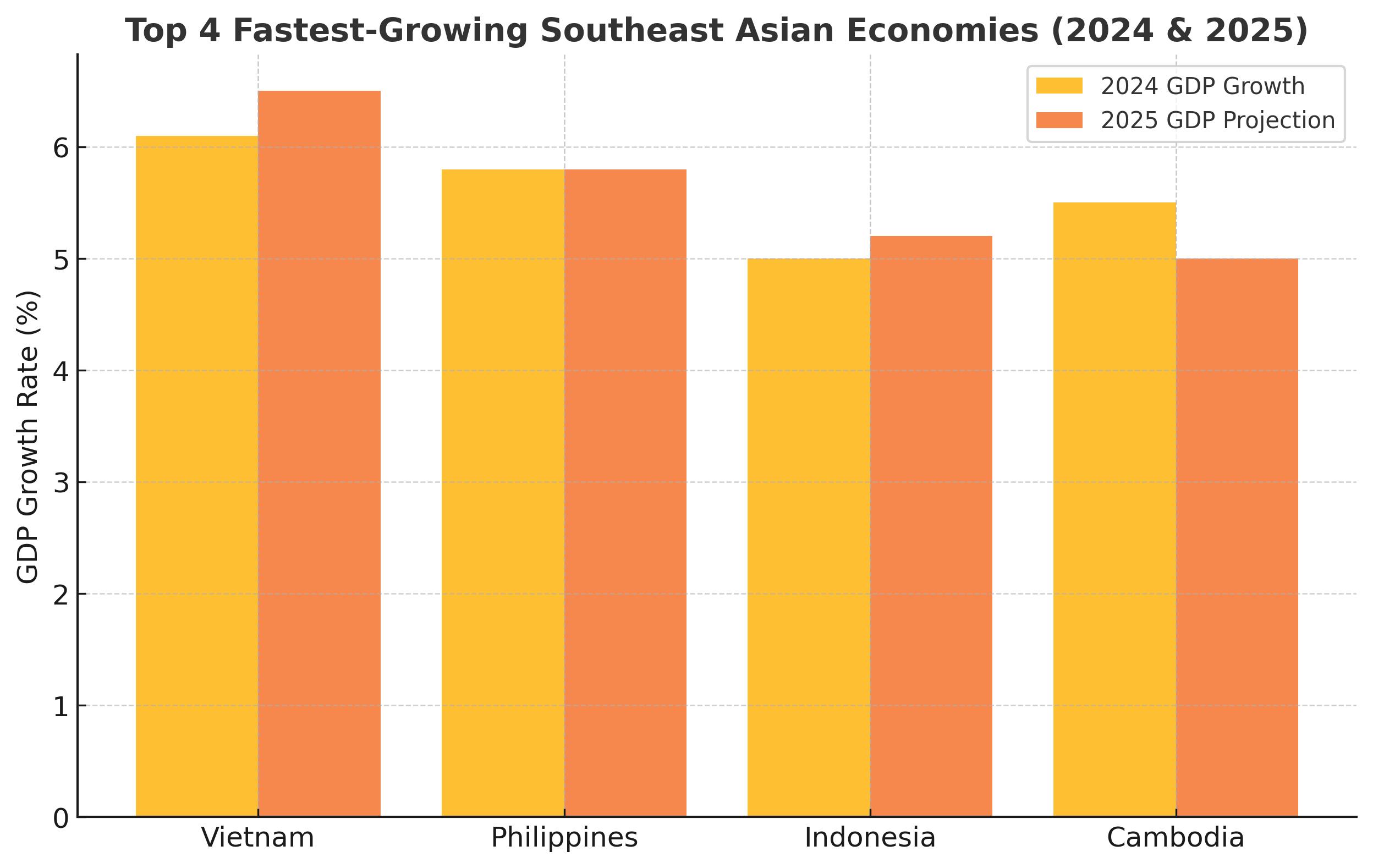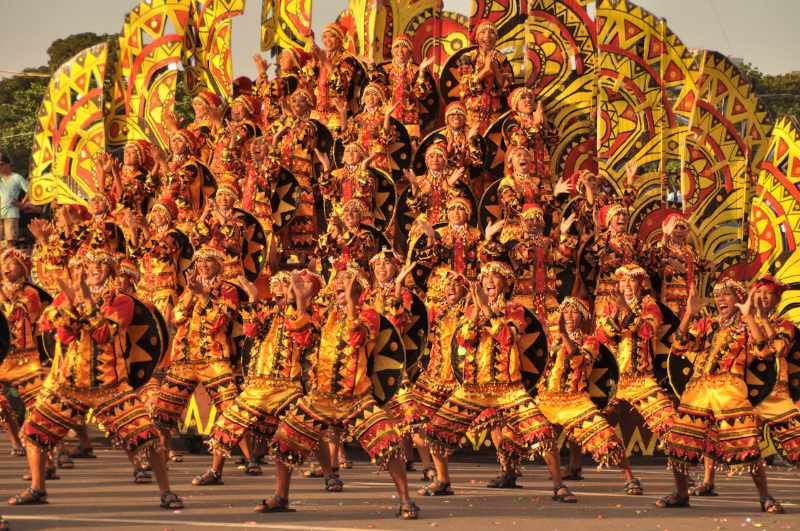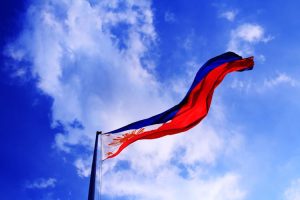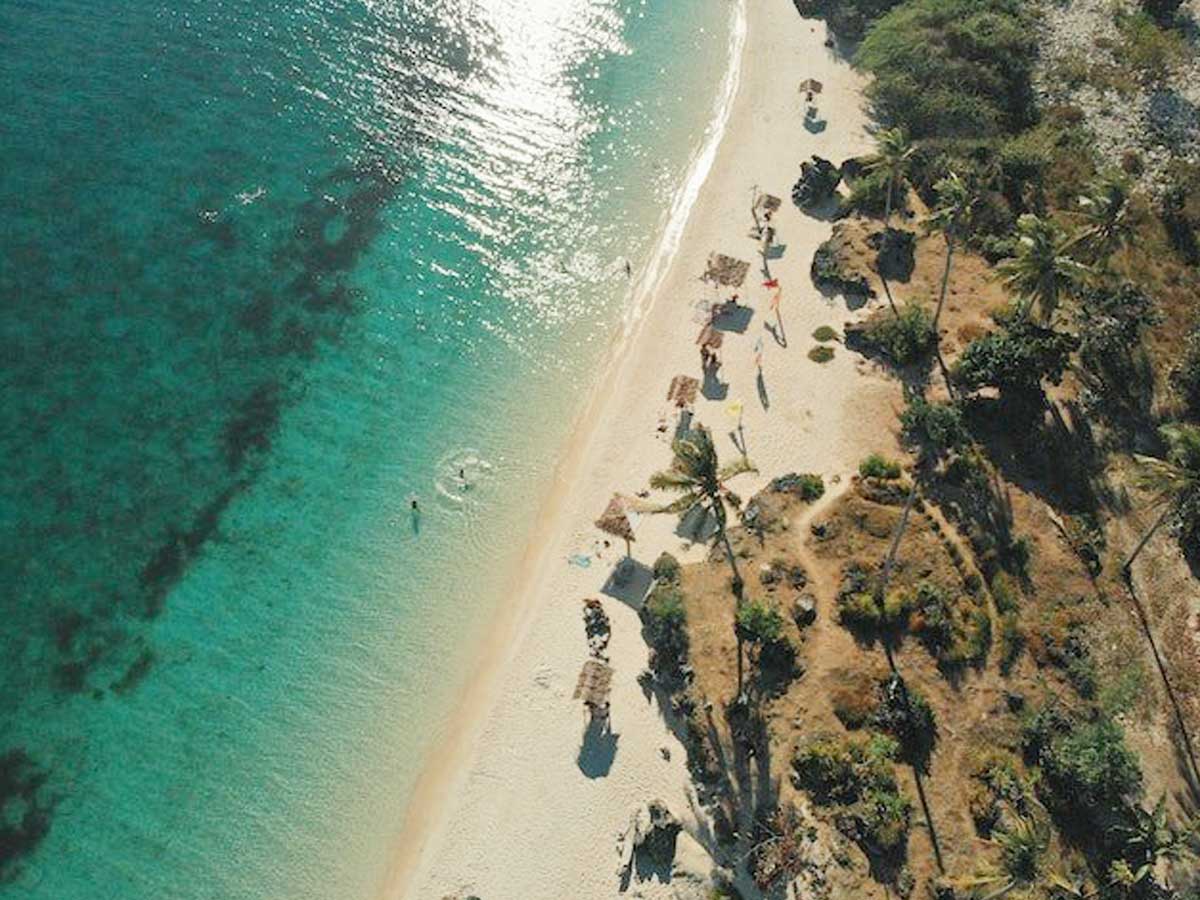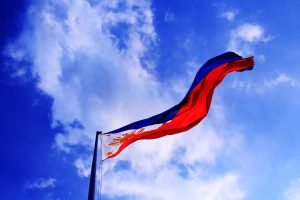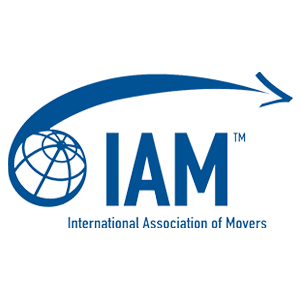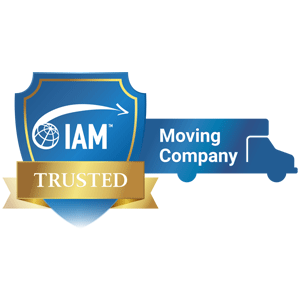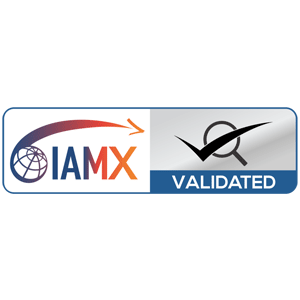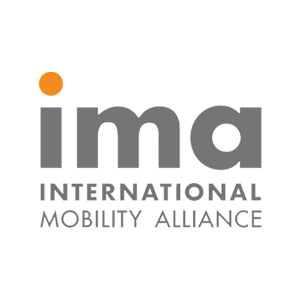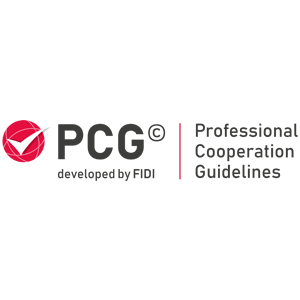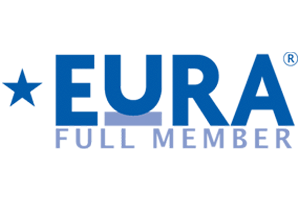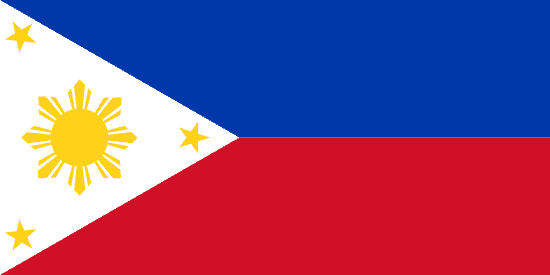
PHILIPPINES
Country Guide
Philippines Country Information
Have you decided to Move to Philippines?
Whether you’re planning a tourist trip or a business relocation, here’s what you should know before you go.
General Overview
- Official country name: Republic of the Philippines
- Location: Southeast Asia, Western Pacific Ocean
- Capital city: Manila
- Official language(s): Filipino, English
- Currency: Philippine Peso (PHP)
- Time zone: UTC+8
Culture & Traditions
- Key customs to be aware of:
- Strong family values and respect for elders (use of “po” and “opo” in speech).
- “Bayanihan” (community spirit) and hospitality are important cultural traits.
- Smiling is common and seen as a sign of friendliness.
- Number of official public holidays: 18 days
- New Year’s Day, Chinese New Year, EDSA People Power Revolution, Maundy Thursday, Good Friday, Araw ng Kagitingan, Labor Day, Independence Day, National Heroes Day, All Saints’ Day, Bonifacio Day, Christmas Day, Rizal Day, plus regional and religious holidays.
Read more here…
- New Year’s Day, Chinese New Year, EDSA People Power Revolution, Maundy Thursday, Good Friday, Araw ng Kagitingan, Labor Day, Independence Day, National Heroes Day, All Saints’ Day, Bonifacio Day, Christmas Day, Rizal Day, plus regional and religious holidays.
- Main traditional dishes and local drinks:
- Dishes: Adobo, Sinigang, Lechon, Pancit, Kare-Kare, Halo-Halo (dessert).
- Drinks: Buko juice (coconut water), Tuba (fermented coconut wine), San Miguel Beer.
- Languages spoken daily and common expressions:
- Filipino and English are widely spoken.
- Common expressions:
- “Kumusta?” (How are you?)
- “Salamat” (Thank you)
- “Walang anuman” (You’re welcome)
Learn more here…
- Specific clothing and behavioral norms:
- Light clothing due to the tropical climate.
- Business and formal events require barong tagalog (for men) and Filipiniana dresses (for women).
- Avoid direct confrontation; Filipinos value harmony and non-confrontational behavior.
- Cultural Festivals:
Demographics & Society
- Total population: Approximately 114 million
- Major ethnic groups: Tagalog, Cebuano, Ilocano, Bisaya, Bicolano, Waray, and other indigenous groups.
- Main religion(s): Christianity (mainly Roman Catholic – about 80%), Islam (around 6%)
- General safety level:
- Generally safe but be cautious of petty crime in urban areas.
- Some regions in Mindanao have security concerns due to insurgencies.
- Attitude towards foreigners and diversity:
- Filipinos are known for their hospitality and warmth towards foreigners.
- Many locals speak English, making communication easy for expats.
Key Cities & Regions
- Capital city: Manila (1.9 million people) – Economic and cultural hub, known for its colonial history and bustling city life. Learn more here…
- Major cities:
- Quezon City (2.9 million) – Largest city, home to government offices and universities.
- Davao City (1.8 million) – Clean and safe, famous for Mount Apo and durian fruit.
- Cebu City (1 million) – Economic hub in the Visayas, known for beaches and historical sites. Learn more here…
- Zamboanga City (977,000) – Known for Spanish influence and the Chavacano language.
- Baguio City (366,000) – Mountain city with a cooler climate, a popular retreat.
- Must-visit regions or landmarks: Palawan (El Nido, Coron), Boracay Island, Banaue Rice Terraces, Chocolate Hills (Bohol), Mayon Volcano, Siargao Island.
Weather & Climate
- Type of climate: Tropical, with dry and rainy seasons.
- Average seasonal temperatures:
- Dry season (November – May): 24-34°C
- Rainy season (June – October): 22-32°C, risk of typhoons.
- Best times to visit: November to April for dry and cooler weather.
Practical Information
- Entry requirements:
- Visa-free entry for up to 30 days for many nationalities.
- Long-term stays require a visa or residence permit.
- More visas here…
- Local transportation options:
- Jeepneys (affordable, iconic public transport but can be crowded).
- Taxis and ride-hailing apps (Grab is popular).
- Buses and trains in Metro Manila.
- Tricycles and motorbikes for short distances in small towns.
- Cost of living:
- Housing: Rent for a one-bedroom apartment in Manila: PHP 20,000–35,000 ($350–600). Learn more here…
- Food: Eating out is affordable, with local meals costing PHP 100–300 ($2–5).
- Transport: Jeepney rides cost around PHP 12 ($0.20), taxi fares start at PHP 45 ($0.80).
- Electrical outlets and voltage used: Type A, B, C outlets, 220V.
- Emergency numbers to know:
- Police: 117
- Fire: 160
- Ambulance: 911
Visitor Tips
- Gestures to avoid or cultural taboos:
- Avoid pointing with your finger; use an open palm or your lips.
- Do not raise your voice or engage in public confrontation.
- Removing shoes before entering someone’s home is common.
- Specific regulations:
- Alcohol is widely available, but drinking in public places is restricted in some cities.
- Drug laws are very strict, with severe penalties for possession.
- Tips for integrating locally:
- Learn a few basic Tagalog phrases to connect with locals.
- Filipinos value respect, so always address elders with courtesy.
- Be open to social invitations—hospitality is a key part of Filipino culture.
- Potential risks or important considerations:
- Typhoons are common from June to October, with occasional flooding. Learn more here…
- Traffic congestion is severe in major cities, particularly Manila.
- Healthcare is good in urban areas but limited in remote regions.
Why Moving to the Philippines is a Great Idea for Expats and Professionals
The Philippines is an attractive destination for individuals and businesses looking to relocate, whether for a fresh start, career opportunities, or expanding a company into Asia. With its tropical climate, friendly locals, and growing economy, the country offers a unique balance of affordability, business potential, and quality of life.
A Thriving Economy and Business Opportunities
The Philippines has a fast-growing economy, particularly in sectors such as IT, customer service, and manufacturing. The Business Process Outsourcing (BPO) industry is one of the largest in the world, making it a top destination for professionals in tech, finance, and corporate services. English is widely spoken, making communication seamless for expatriates. Additionally, the country offers attractive tax incentives for foreign businesses, making it an excellent choice for entrepreneurs and investors.
Affordable Cost of Living and High Quality of Life
Compared to Western countries and other major Asian cities, the Philippines offers a lower cost of living. Housing, transportation, and daily expenses are significantly more affordable, allowing expats to enjoy a comfortable lifestyle. The country is home to beautiful beaches, tropical islands, and a vibrant culture, making it easy to maintain a great work-life balance.
Your Trusted Partner for Relocation: Asia Relocation
Relocating to a new country can be challenging, but Asia Relocation makes the process smooth and hassle-free. Our team specializes in international and domestic moving services, visa and immigration assistance, home and school searches, and corporate relocations. We handle all logistics, so you can focus on settling into your new life in the Philippines.
Whether you’re moving for work, business, or a new adventure, Asia Relocation ensures a seamless transition. Contact us today to start your journey!

